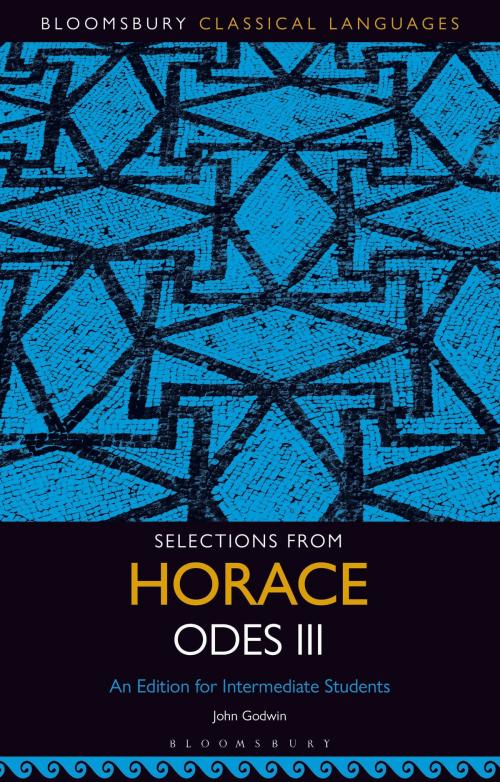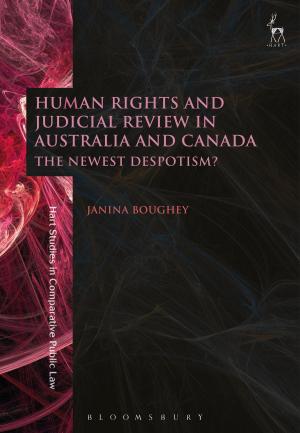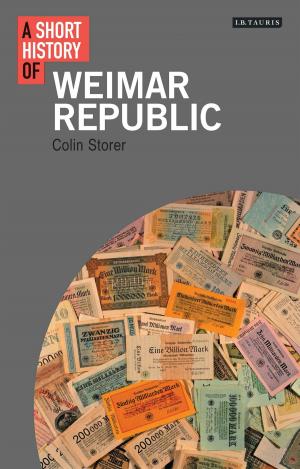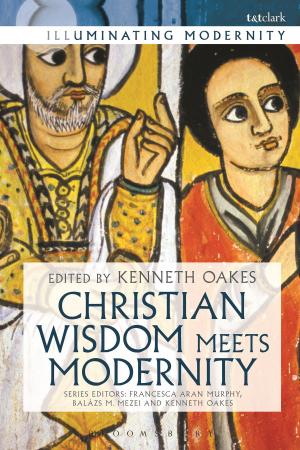Selections from Horace Odes III
An Edition for Intermediate Students
Fiction & Literature, Literary Theory & Criticism, Ancient & Classical, Nonfiction, History, Ancient History, Rome| Author: | ISBN: | 9781501350191 | |
| Publisher: | Bloomsbury Publishing | Publication: | February 7, 2019 |
| Imprint: | Bloomsbury Academic | Language: | English |
| Author: | |
| ISBN: | 9781501350191 |
| Publisher: | Bloomsbury Publishing |
| Publication: | February 7, 2019 |
| Imprint: | Bloomsbury Academic |
| Language: | English |
This is the first intermediate-student edition of a selection from Horace's Odes. Odes 3.2, 3.3, 3.4, 3.6 are included as Latin text with an accompanying commentary and vocabulary. Focusing on a deliberately limited number of poems, this edition is designed to be manageable for students reading the text for the first time while also perfectly encapsulating the interest of Horace's other work and inspiring further study of it. A detailed introduction explains points of historical and stylistic interest, including analysis of a further seven odes: 3.1, 3.7, 3.8, 3.11, 3.12, 3.16 and 3.30.
Horace was the finest lyric poet in Latin and these four of the six 'Roman Odes', written in the early years of the rule of the first Roman emperor Augustus, show his poetic power at full stretch. They discuss issues of political and moral concern for the regime and its citizens with the clarity of a deeply personal and unique voice, making clever use of mythology and literary allusion and coining some of the most resonant phrases in the Latin language.
This is the first intermediate-student edition of a selection from Horace's Odes. Odes 3.2, 3.3, 3.4, 3.6 are included as Latin text with an accompanying commentary and vocabulary. Focusing on a deliberately limited number of poems, this edition is designed to be manageable for students reading the text for the first time while also perfectly encapsulating the interest of Horace's other work and inspiring further study of it. A detailed introduction explains points of historical and stylistic interest, including analysis of a further seven odes: 3.1, 3.7, 3.8, 3.11, 3.12, 3.16 and 3.30.
Horace was the finest lyric poet in Latin and these four of the six 'Roman Odes', written in the early years of the rule of the first Roman emperor Augustus, show his poetic power at full stretch. They discuss issues of political and moral concern for the regime and its citizens with the clarity of a deeply personal and unique voice, making clever use of mythology and literary allusion and coining some of the most resonant phrases in the Latin language.















